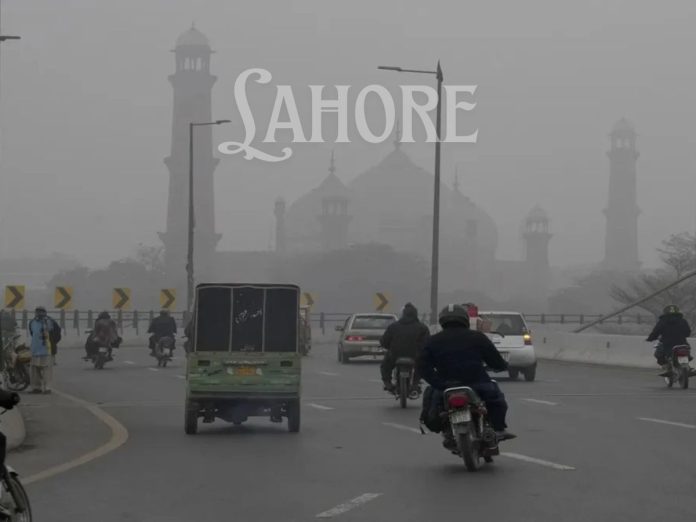Severe smog and rising health crises plague Lahore and Karachi as air quality hits hazardous levels, experts urge immediate action.
Lahore [Pakistan], January 2: Lahore and Karachi have been ranked among the world’s most polluted cities, according to the latest Air Quality Index (AQI) rankings released by IQAir, a leading global air quality monitoring organization.
Lahore, with an alarming AQI score of 354, has been labeled “Hazardous”, posing severe health risks to its population of over 11 million. The primary contributors to this hazardous air quality include vehicular emissions, industrial pollution, and crop burning, according to Express Tribune.
The deteriorating air quality has triggered a health crisis in Lahore, with over 1.8 million residents falling ill in the past month alone. Among them, 129,229 patients required hospital treatment for respiratory ailments. Furthermore, over 6.1 million people have been diagnosed with cardiothoracic conditions, while 69,399 individuals are reporting daily cases of respiratory problems, chest pain, or stroke caused by the toxic smog.
Meanwhile, Karachi, Pakistan’s largest city, ranks 13th on the global AQI list with a score of 164, placing it in the “Unhealthy” category. The city’s port activities, dense traffic, and heavy industrial emissions remain significant contributors to rising pollution levels, putting residents, particularly those with pre-existing health conditions, at heightened risk.
At a press conference held at the Karachi Press Club, Yasir Hussain, Director of the Climate Action Centre (CAC), revealed that vehicle emissions account for 60% of Karachi’s pollution and 80% in Lahore. He emphasized the urgent need for strict emission controls and sustainable urban policies to address the crisis.
In addition to air pollution, measles outbreaks have added to the public health burden in Pakistan. The contagious disease, characterized by fever, cough, runny nose, red eyes, and skin rashes, poses significant risks, especially to malnourished or immunocompromised children.
Healthcare experts have strongly urged parents to ensure timely vaccination for their children between the ages of 9 months and 1.5 years, stressing that vaccination remains the most effective protection against measles.
Immediate intervention and long-term sustainable strategies are needed to combat the twin crises of air pollution and disease outbreaks, safeguarding public health and environmental integrity in Pakistan’s major cities.


